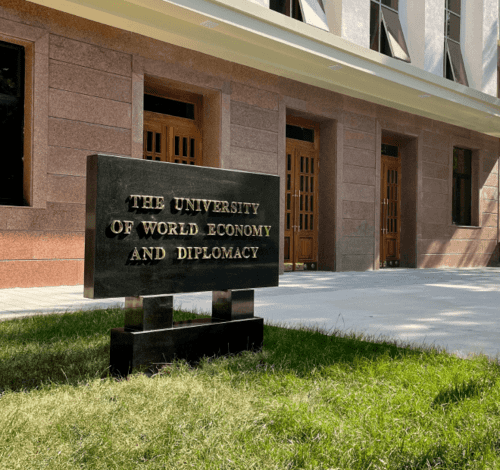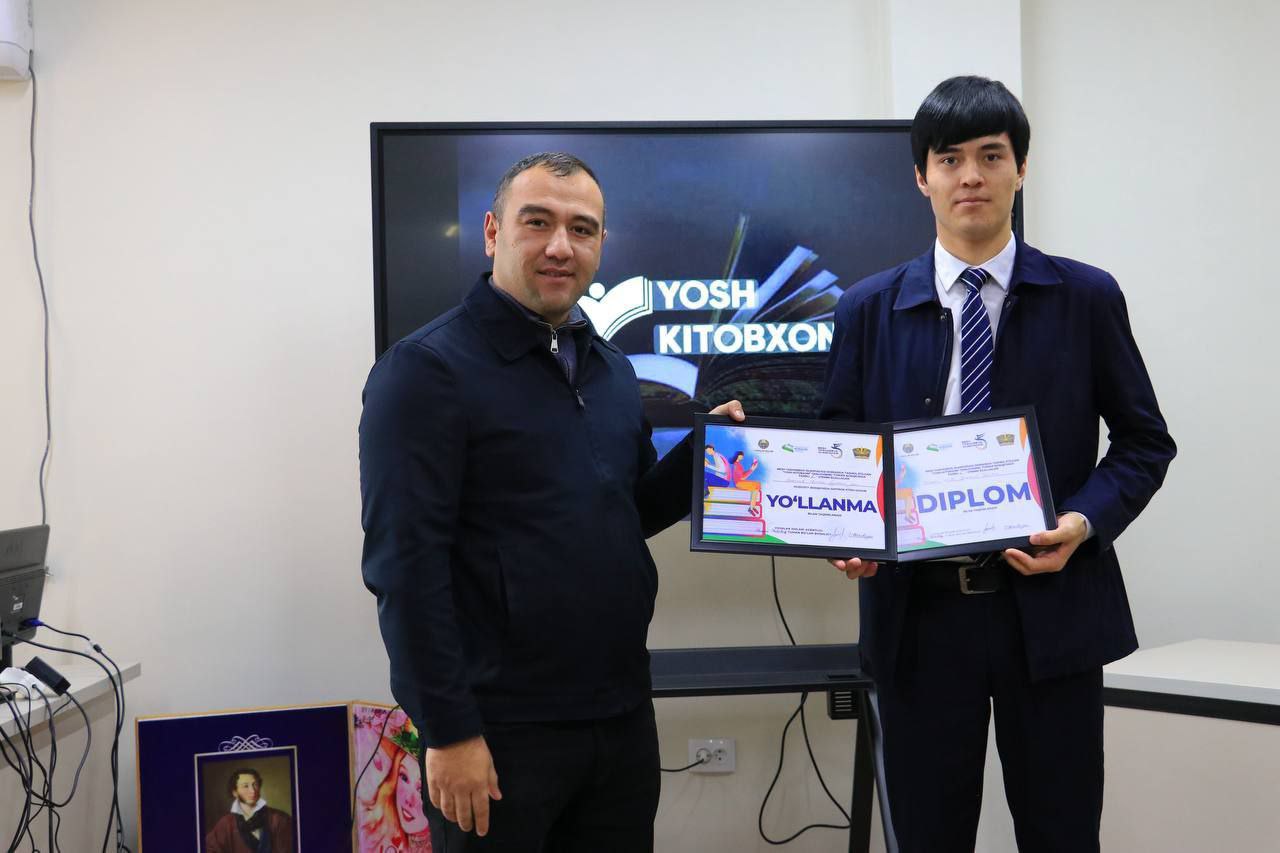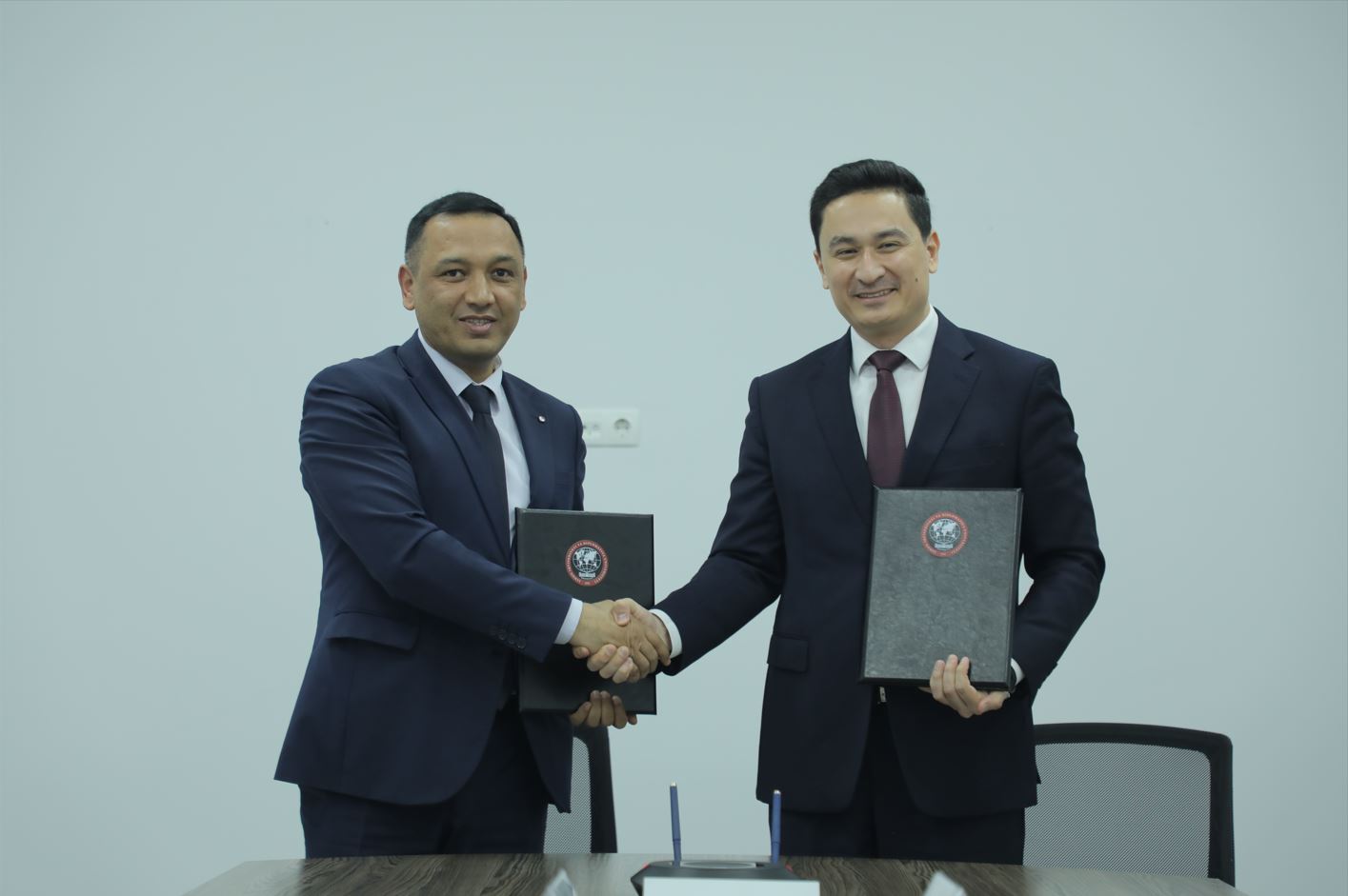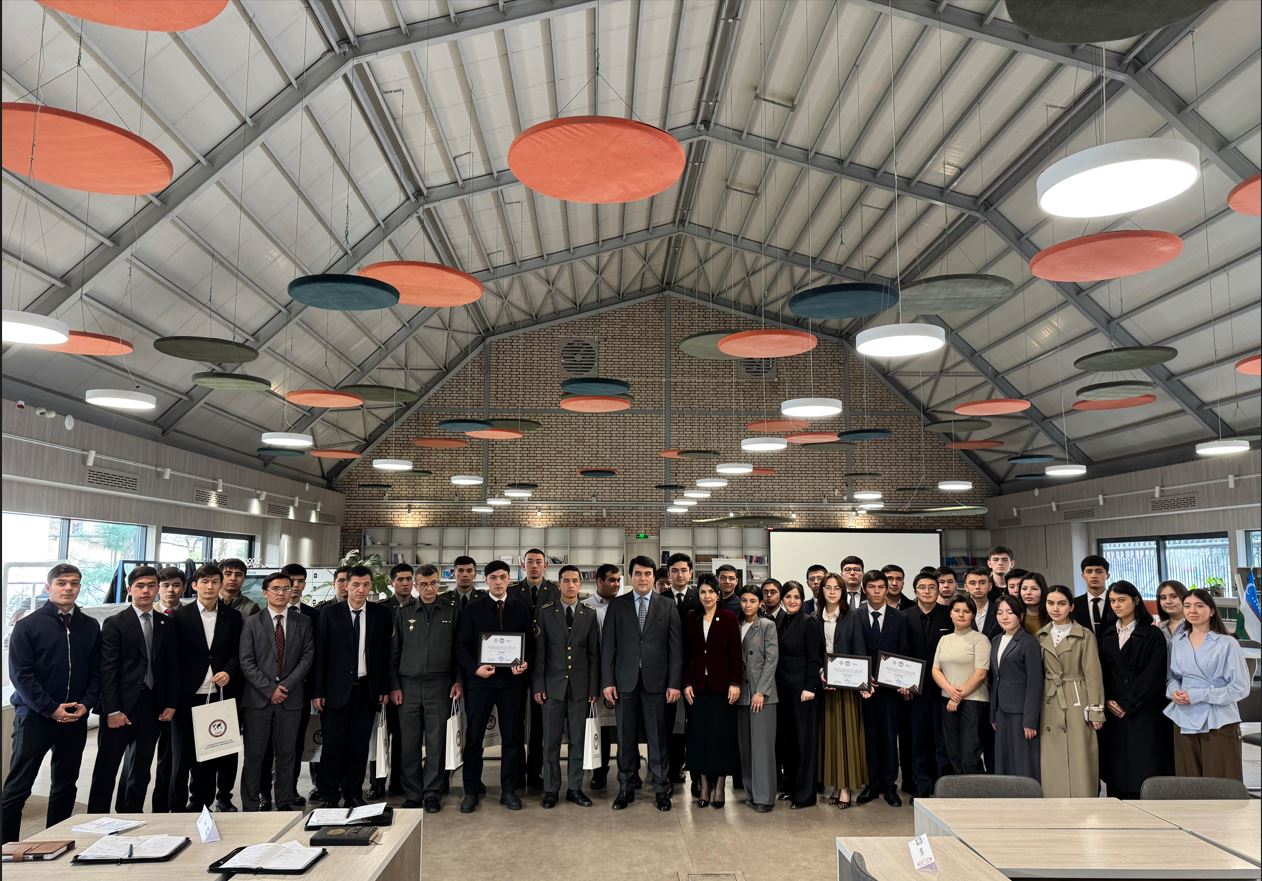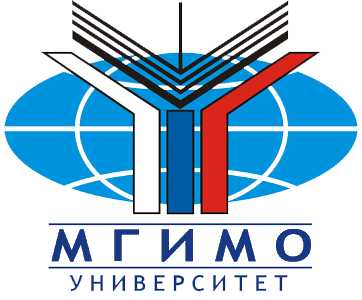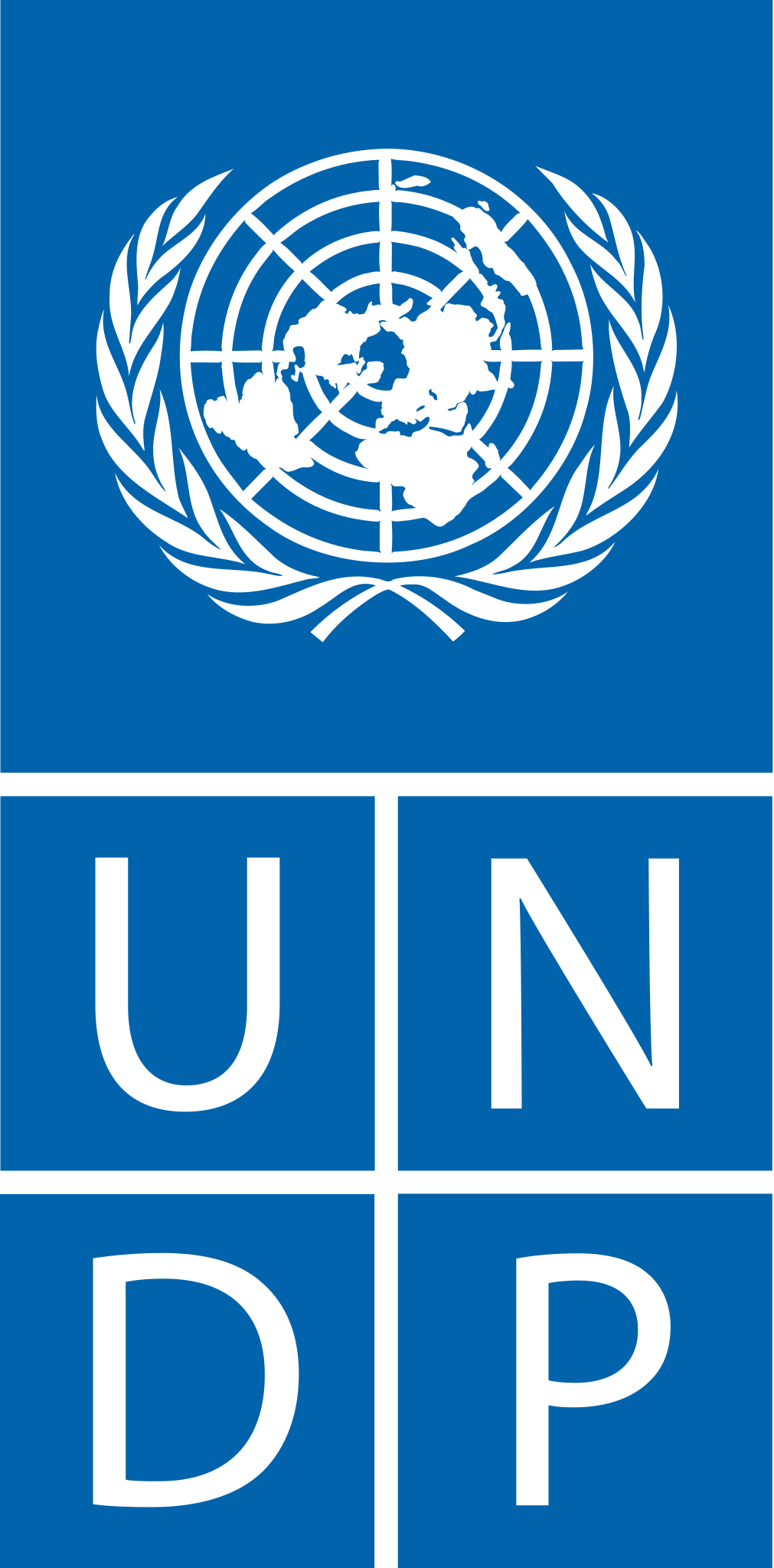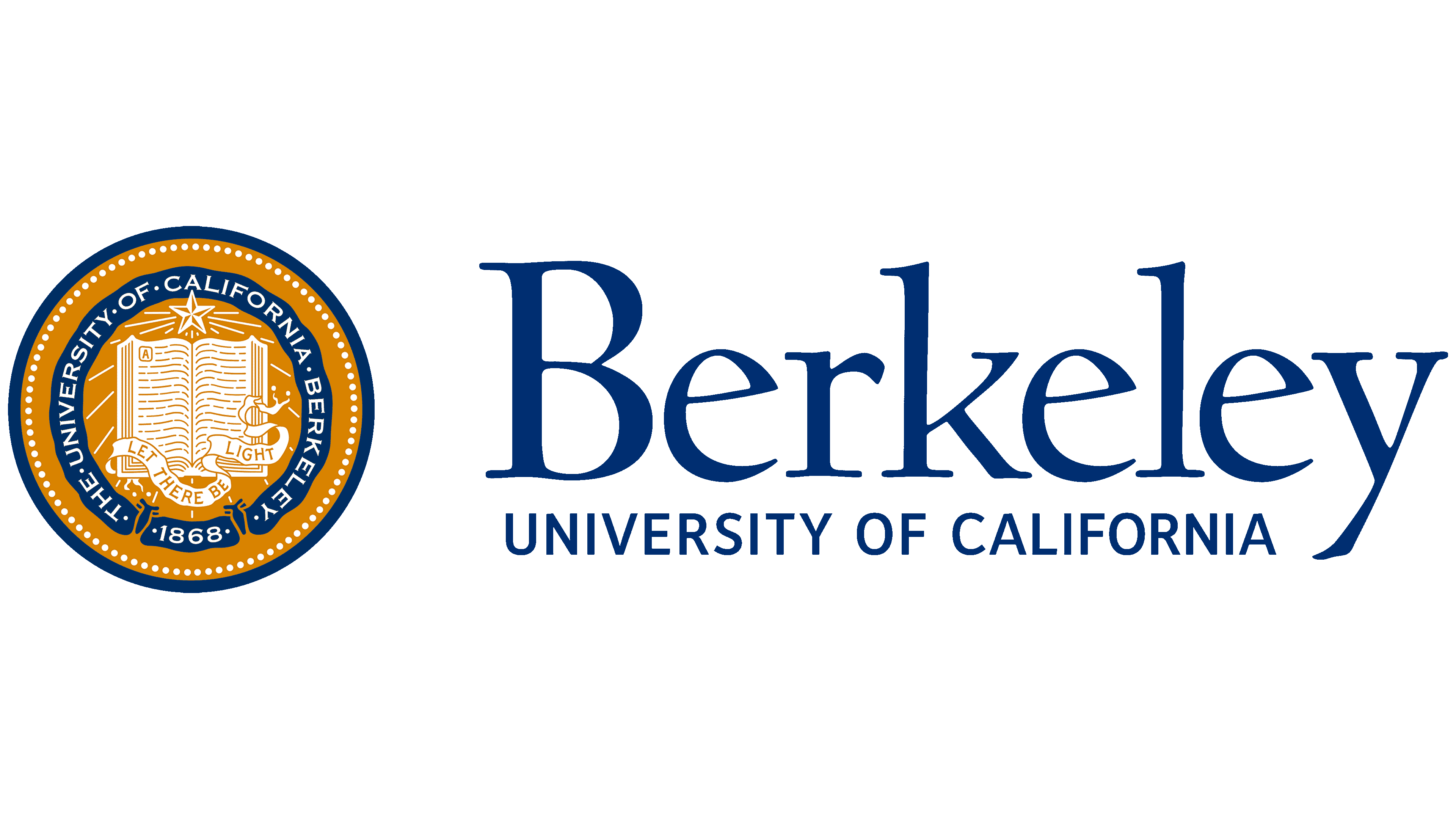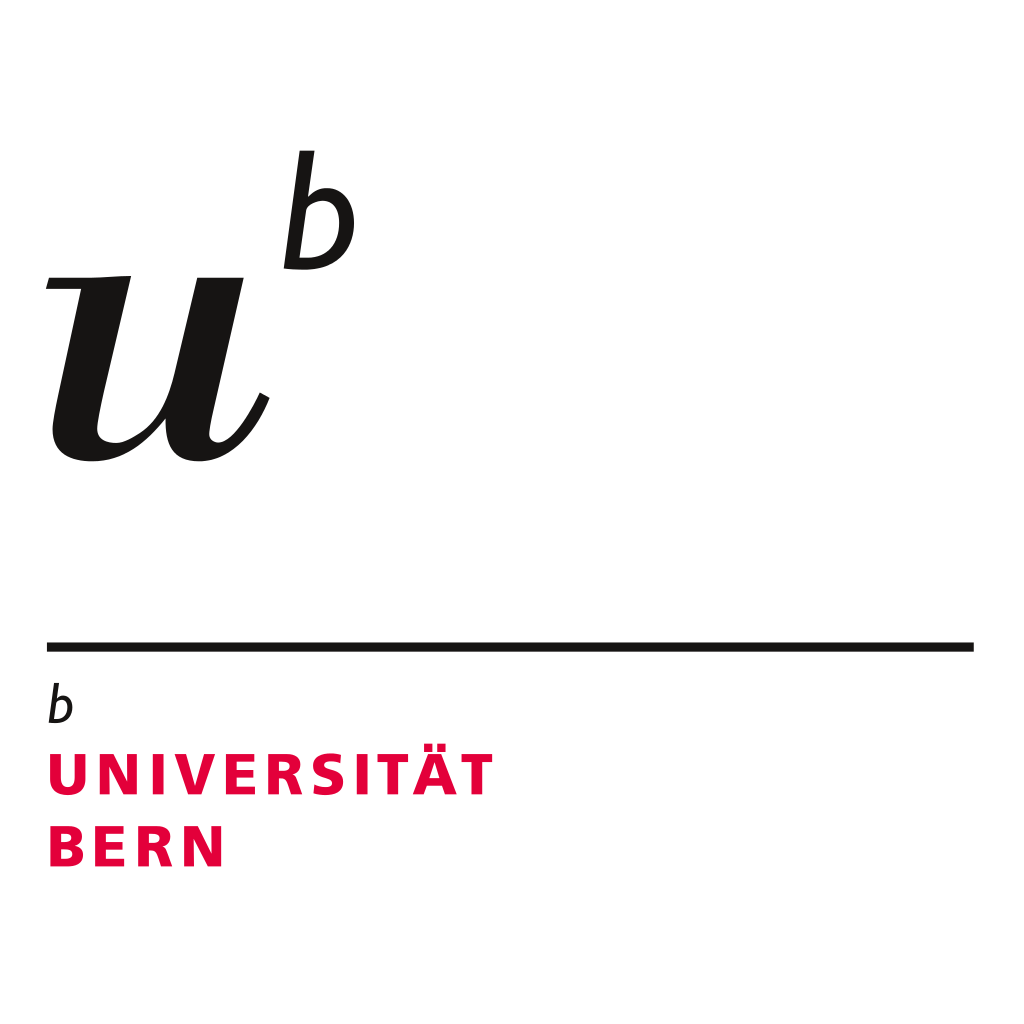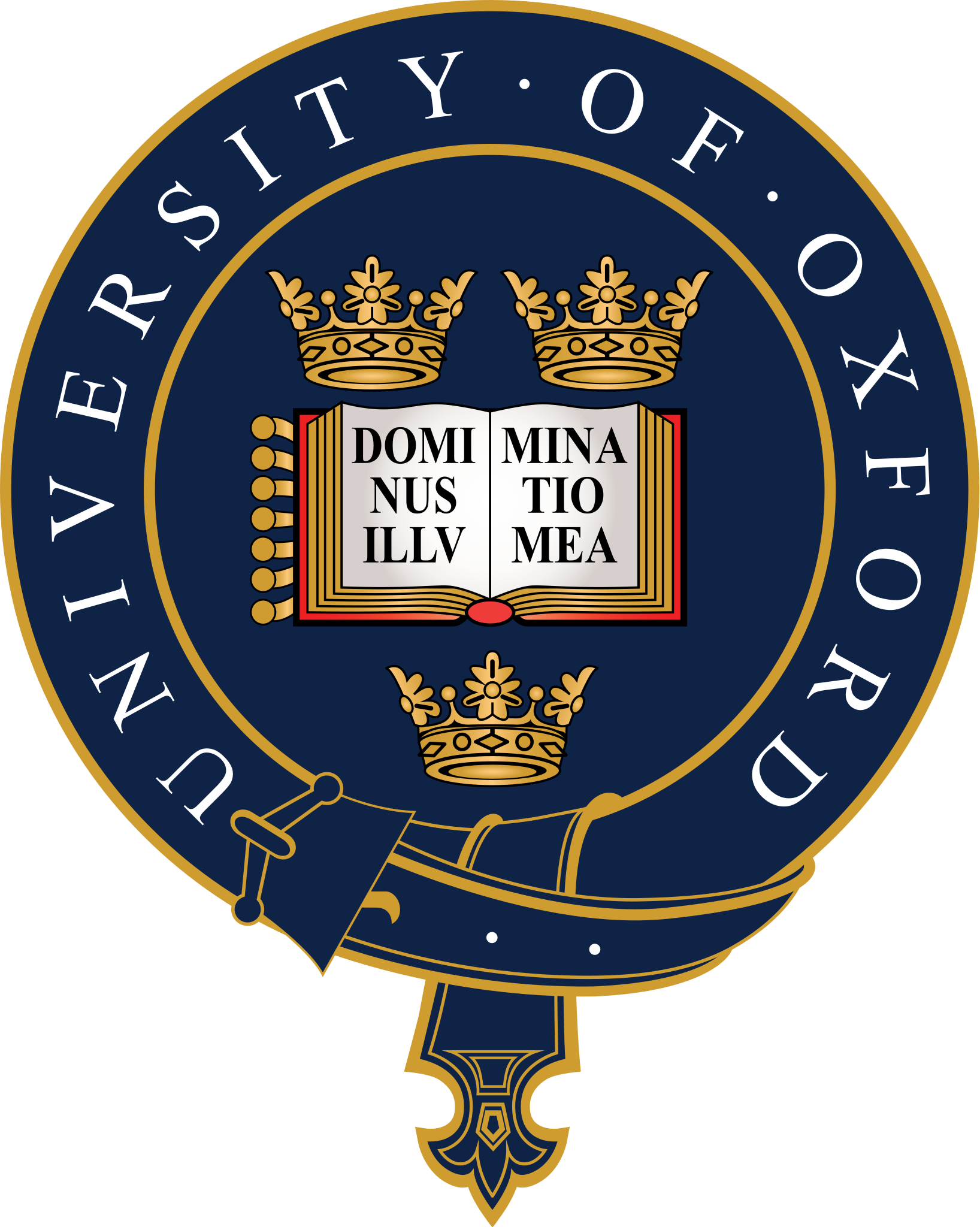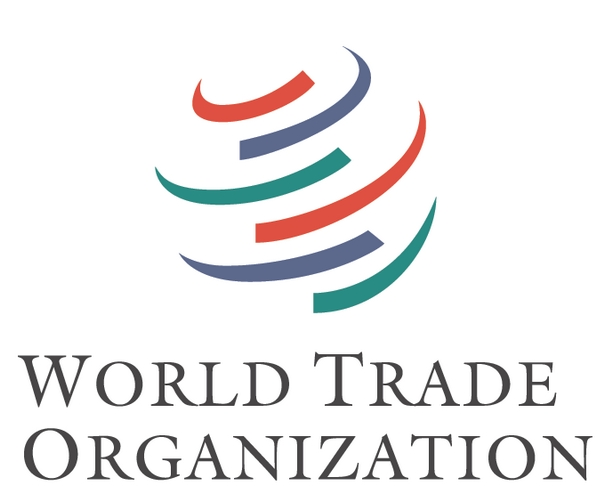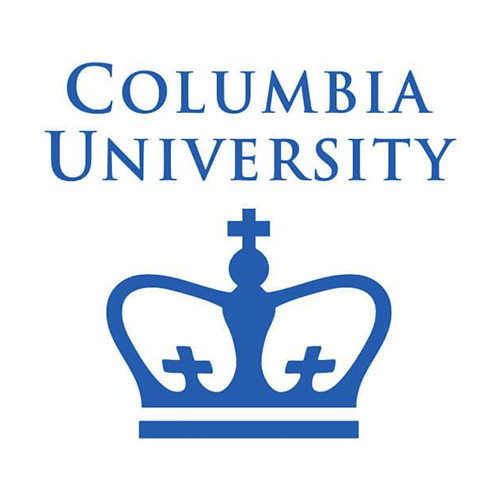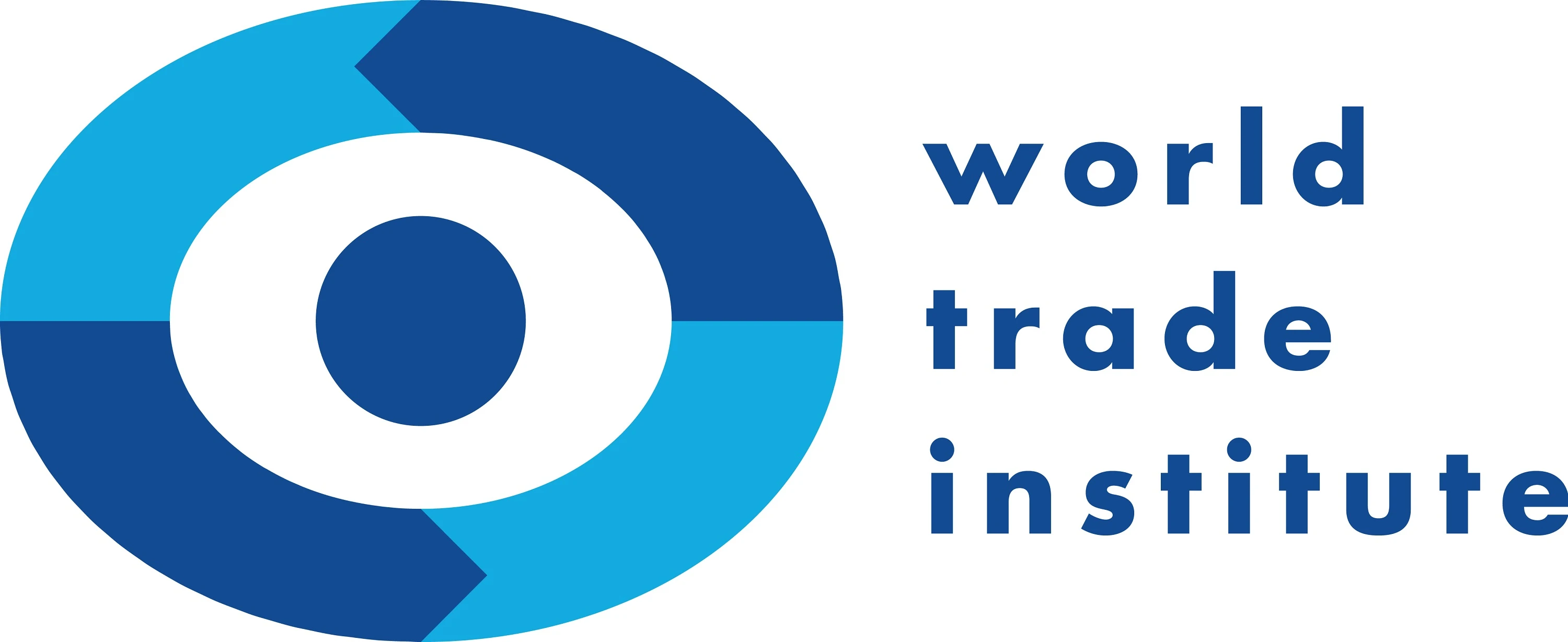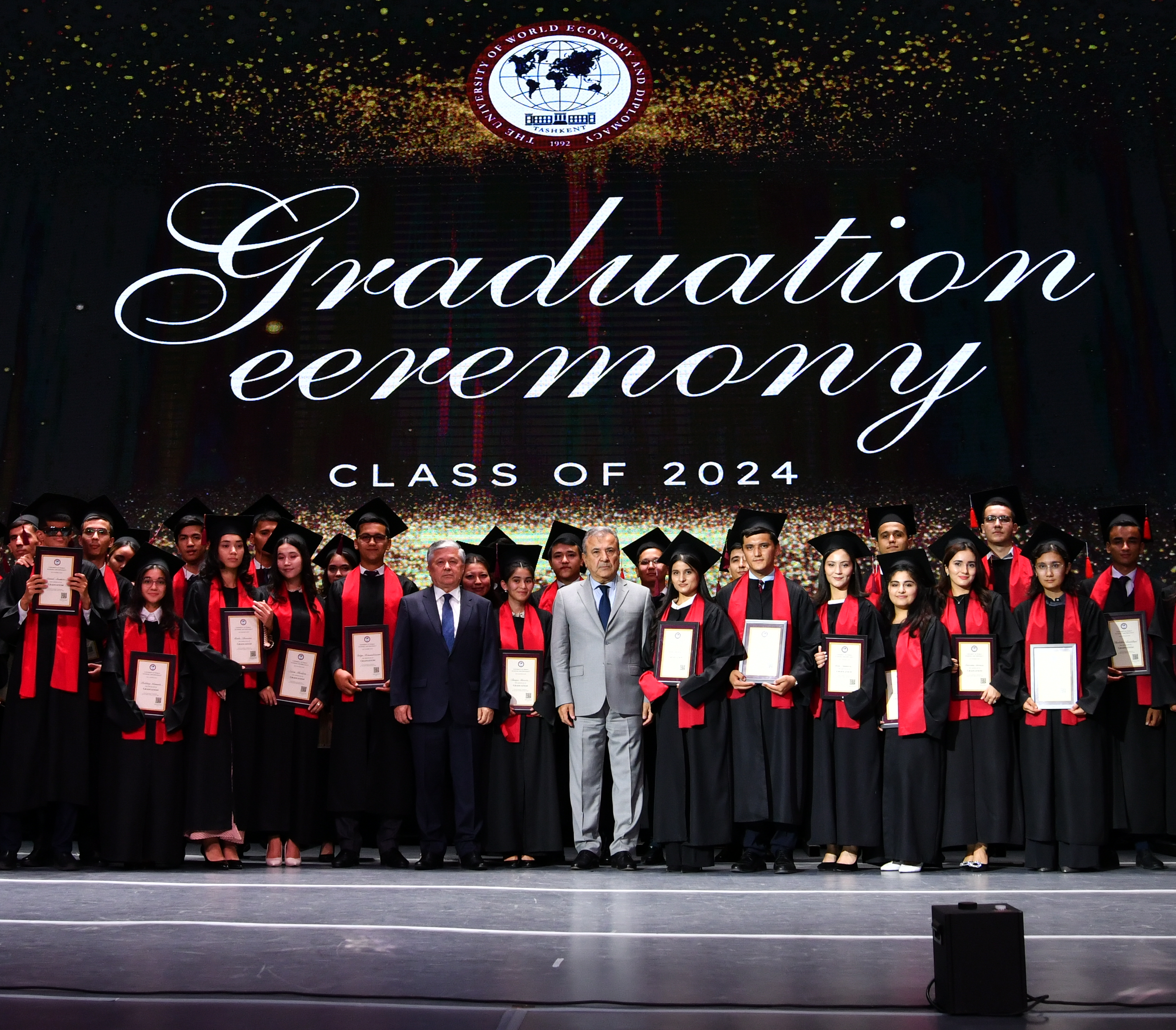
Bachelorʼs Degree
The University of World Economy and Diplomacy offers undergraduate programs in a variety of fields, including:
International Relations,
Political Science,
International Economics and Management
Jurisprudence.
UWED's bachelor's degree programs are designed to provide students with the knowledge and skills they need to succeed in a globalized world. The programs are taught by a team of experienced faculty members, many of whom have held high-level positions in government and business. UWED also offers a variety of extracurricular activities and opportunities for students to gain hands-on experience in their field of study.
One of the most popular bachelor's degree programs at UWED is the International Economics and Management program. This program provides students with a strong foundation in economics, international trade, and finance. Students also learn about the political and legal environment of international business.
Another popular bachelor's degree program at UWED is the International Relations program. This program provides students with a comprehensive understanding of international relations, foreign policy, and diplomacy. Students also learn about the history and culture of different countries.
UWED also offers bachelor's degree programs in Political Science and Jurisprudence. These programs are designed to prepare students for careers in government, law, business, and other fields.
Here are some of the benefits of earning a bachelor's degree from UWED:
A strong academic foundation in your chosen field
Exposure to a diverse range of cultures and perspectives
The opportunity to network with other students and professionals from around the world
The chance to gain hands-on experience through internships and other extracurricular activities
A competitive edge in the job market
If you are looking for a challenging and rewarding educational experience, UWED is the perfect place for you. With its world-class faculty, state-of-the-art facilities, and diverse student body, UWED is committed to providing its students with the knowledge and skills they need to succeed in today's globalized world.
Interview for blind applicants for undergraduate studies for the 2025-2026 academic year.
MoreStudy at UWED
The University of World Economy and Diplomacy was established on September 23, 1992. It is functioning under the Ministry of Foreign Affairs of the Republic of Uzbekistan.
It is a higher educational institution that provides training, retraining and advanced training for specialists and academic staff as well as conducts high-level fundamental and applied research in the following areas:
- International Economics and Management;
- International Relations and Political Science;
- International Public and Private Law;
- Jurisprudence.
